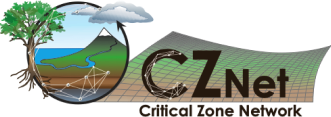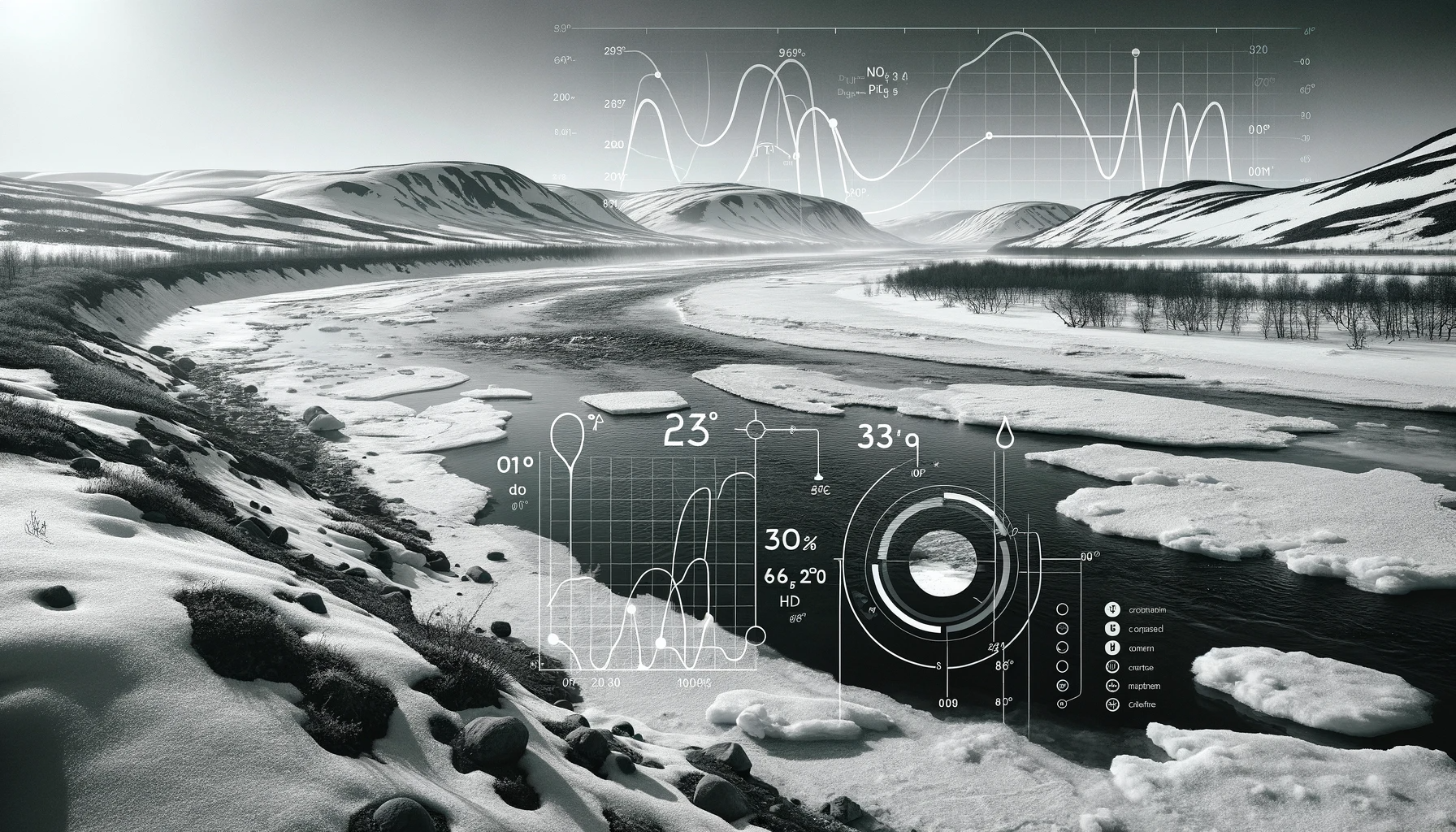In the Arctic, a region rapidly transforming due to environmental change, understanding every season's impact on its delicate ecosystems is vital. A recent study, leveraging a mix of literature synthesis, meta-analysis, and novel biogeochemical data, brings to light a significant oversight in Arctic research - the neglect of the 'shoulder seasons' of the thaw period.
This study, examining 204 peer-reviewed articles, identified a stark gap in the temporal coverage of carbon and nutrient flux observations in the Arctic, particularly in the Kuparuk River's biogeochemistry and hydrology. This gap exists in the early and late stages of the thaw season, times traditionally less observed and studied.
Addressing this, researchers employed high-frequency, in-situ water chemistry sensors to measure dissolved organic carbon (DOC) and nitrate (NO3−) in two Arctic headwater watersheds, the Kuparuk River and Oksrukuyik Creek. Over seven field seasons (2017-2023), these sensors provided continuous data from late spring to early autumn.
The findings were revealing. A substantial portion of the annual export of DOC and NO3− occurred during these shoulder seasons. This observation challenges the existing understanding of these Arctic systems, which are even part of the long-term ecological research sites in Northern Alaska.
This study's approach, pairing novel sensor data with discharge records, underscores the importance of considering these often-neglected periods. By filling this observational void, the research provides a more comprehensive picture of the Arctic's biogeochemical processes.
The broader implication of this study is significant. It prompts a critical reevaluation of how seasonal changes, intensified by climate change, are impacting the Arctic's ecosystems. Understanding these under-sampled periods is not just about filling a data gap; it's about grasping the full scope of environmental responses in one of the planet's most sensitive regions.

 Dust^2
Dust^2
